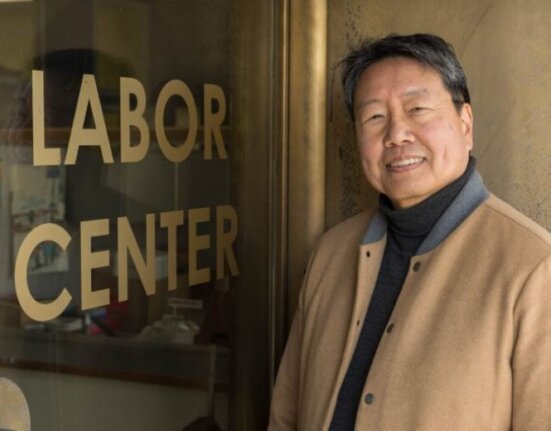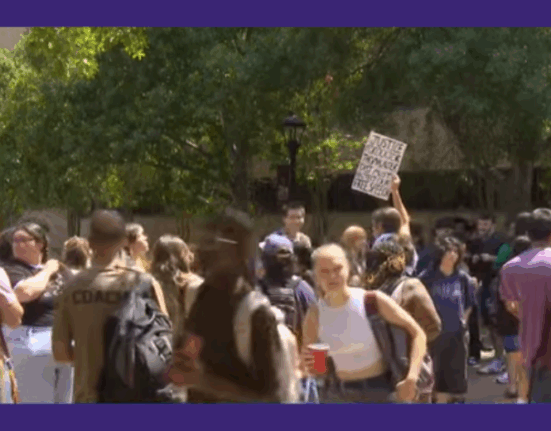This blog introduces LAWCHA’s newest and most important initiative. Last year, with encouragement from past president Nancy MacLean, an ad hoc committee drafted proposals that the Board of Directors adopted at its April 2016 meeting, most importantly creating the Committee on Contingent Faculty which manages this blog. LAWCHA is now fully committed to fighting precarity in academic labor markets, the great crisis of higher education.
Casualization has many victims. It destroys livelihoods and shatters the careers of scholars who have worked for years to earn advanced degrees and build up valuable skills. It undermines the quality of education and the culture and system of governance of colleges and universities, and ultimately it threatens to shrink the intellectual culture of an entire society as brilliant young people learn that there is no future in academia.
The Fight for $15 and other living wage campaigns have set agendas that need to be brought into academia. Many schools are routinely paying adjunct faculty less than a living wage, while hiding that fact behind obscure employment formulas. Hiring adjunct faculty on a course by course basis, one semester at a time, paying no benefits—this has become standard practice at even wealthy universities.
But the only people calculating the dollars and hours are the victims. What kind of living do you make when you are paid less than $3000 per course (the national average appears to be about $2700)? If you can find three courses one semester and three the next, you have earned $18,000. And how many hours have you worked on teaching, grading, consulting, and course preparation for those six classes? Too many. Some schools pay more but none want to consider whether they are meeting living wage standards or minimum wage laws. And other laws and standards are ignored. Why are even long serving contingent faculty denied unemployment insurance?
LAWCHA’s Committee on Contingent Faculty and this blog will push the fight against precarity in academia. Please join in. We need to make this fight everyone’s concern. We need to bring it to our campuses, to unions and news media, and to lawmakers at every level.






